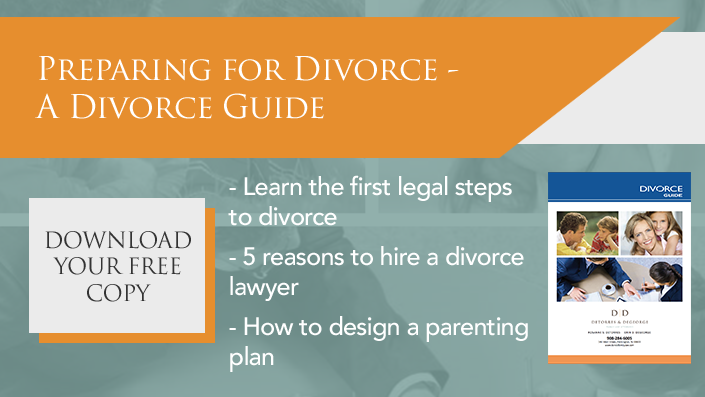
The divorce process can be a confusing and overwhelming endeavor for anyone who has no prior experience with the subject matter. Plus, divorce law is always changing and evolving, which makes it even more difficult for a person to keep up and fully understand what the family laws are and what they mean. The complexity of the laws and the system are exactly why there are attorneys who specialize in this particular field of law. Below are some misunderstood areas of divorce law.
No-Fault State
New Jersey is a no-fault state, which means that the court does not care which party is at fault for the dissolution of the marriage. The court is not concerned with the cause of the breakdown of the marriage and reasons for divorce, such as infidelity on one party’s part, nor does a person get more in alimony or equitable distribution because the other party was at fault. The laws apply equally to all parties in a litigation, and the court will apply the statutory factors – such as alimony, custody, and equitable distribution – where applicable.
Alimony No Longer Taxable/Deductible
In 2018, the new tax code was passed, which impacted the taxability of alimony payments nationwide. Previously, the person who paid alimony was entitled to deduct the alimony payments on his or her taxes, and the person who received alimony was required to claim it as taxable income. People who were divorced prior to December 31, 2018, continue to be entitled to utilize the prior tax law. However, beginning in 2019, alimony is no longer taxable or tax deductible. Therefore, anyone who is divorced in 2019 or later is subject to the new divorce law and cannot deduct their alimony payments. However, practitioners have agreed that in order to leave parties in essentially the same economic position they would have been in under the prior law, they will tax effect the alimony payments prior to determining the appropriate amount of alimony. New Jersey will currently still allow parties to claim the alimony deduction and/or claim alimony as income on their state returns. However, this needs to be specified in the settlement agreement so that both parties are operating under the same rules.
Separate Property
Parties are often unsure of what types of property are subject to equitable distribution. A common misconception, for example, is that retirement funds are separate property not subject to equitable distribution because it relates directly to one party’s income and earnings. However, any income and funds earned during the marriage, including retirement accounts, are subject to equitable distribution. On the other hand, property that is owned at the time of the marriage is considered separate property, unless it has been commingled. Therefore, if you have a savings account at the time of your marriage that has remained in your sole name throughout and was not actively transferred in and out of during the marriage, it is likely that this account will remain your separate property. Additionally, any money or property that is inherited by one of the parties will remain that party’s separate property. Again, if the money is commingled, meaning mixed with marital money, this may change the designation from separate to marital.
If you have questions regarding family law and the divorce process in New Jersey, contact the attorneys of DeTorres & DeGeorge today to schedule a consultation.


 START LIVE CHAT
START LIVE CHAT










